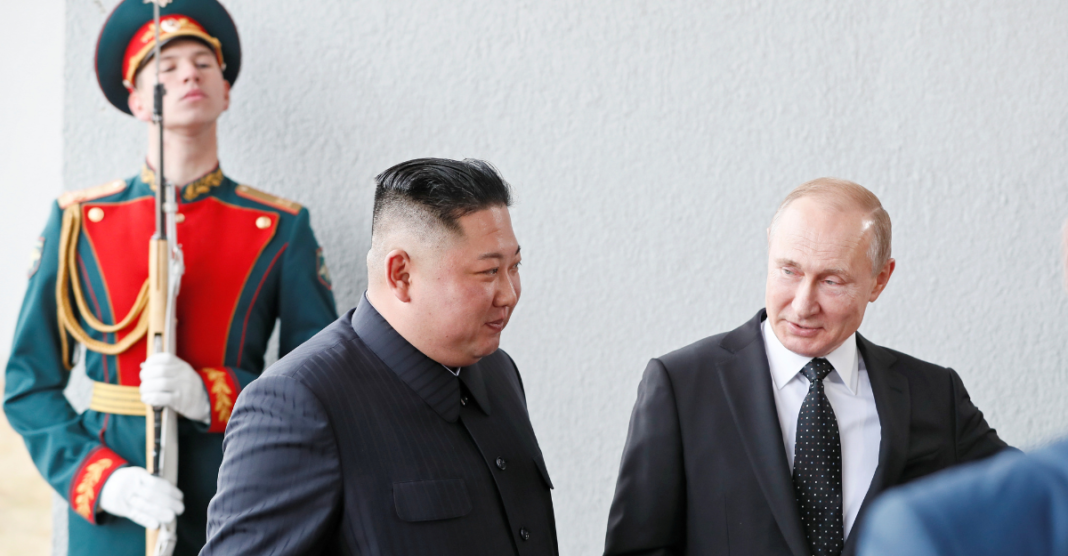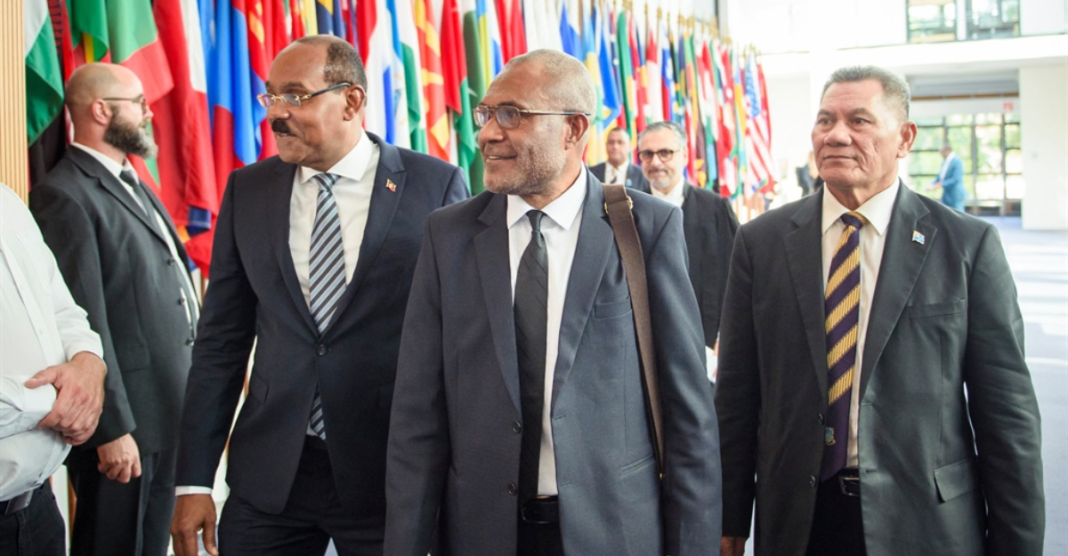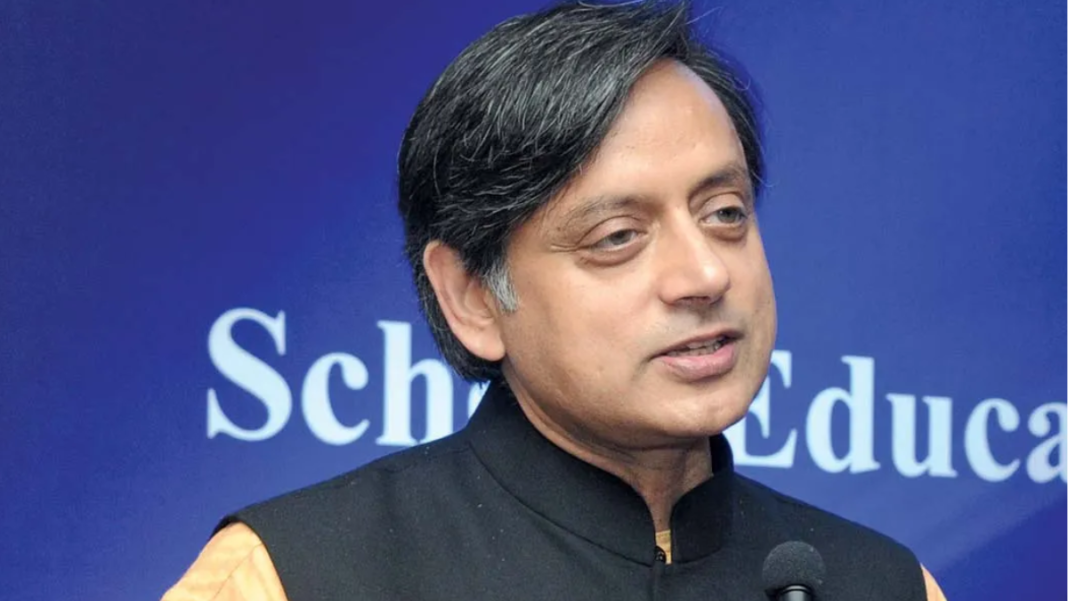The reported departure of North Korea’s leader, Kim Jong Un, for a summit with Russian President Vladimir Putin marks a significant development in international diplomacy. Kim’s journey to Russia, reportedly by special train, indicates the potential for high-level talks between the two leaders.
This summit, if confirmed, could have important implications for regional and global geopolitics. It may signal North Korea’s desire to diversify its diplomatic engagements beyond its traditional allies, particularly China, and explore opportunities for cooperation with other nations.
North Korea’s interactions with Russia have historical significance, and both countries share a border in North Korea’s northeastern region. This geographical proximity adds to the potential importance of the summit.The timing of this reported summit is noteworthy.
Diplomatic efforts related to North Korea, particularly regarding denuclearization, have seen significant ups and downs in recent years. A summit between Kim Jong Un and Vladimir Putin could provide a platform for discussing issues related to regional stability, denuclearization, and bilateral relations.
However, the specifics of the agenda and the outcomes of such a summit remain to be seen. International diplomatic efforts aimed at addressing North Korea’s nuclear program have faced challenges, and reaching a comprehensive agreement is a complex process.
The international community, including key stakeholders such as the United States, South Korea, and China, will closely monitor developments related to this summit. It could have ripple effects on ongoing diplomatic initiatives and influence the broader security landscape in Northeast Asia.
In conclusion, the reported departure of Kim Jong Un for a summit with Vladimir Putin in Russia underscores the evolving dynamics of international diplomacy in the Korean Peninsula.
While the summit’s exact details and outcomes remain uncertain, it is a significant development that warrants close attention due to its potential implications for regional stability and the resolution of key diplomatic issues.



